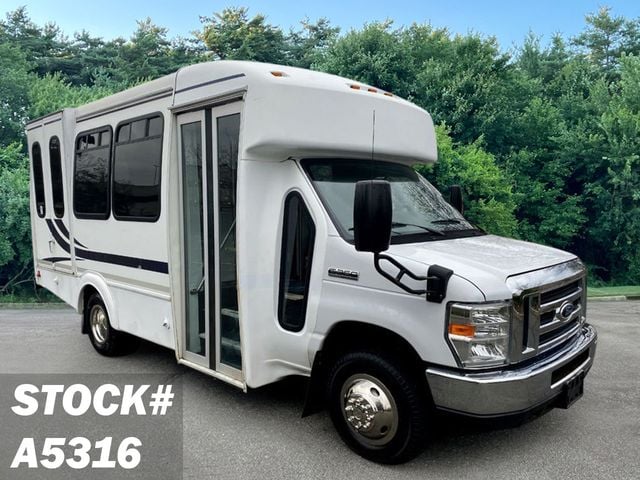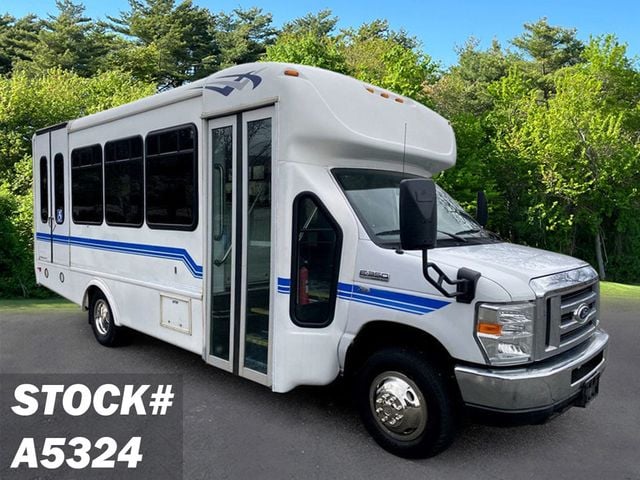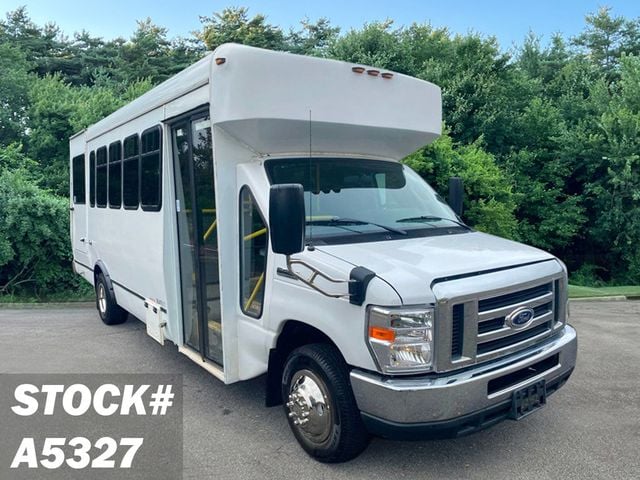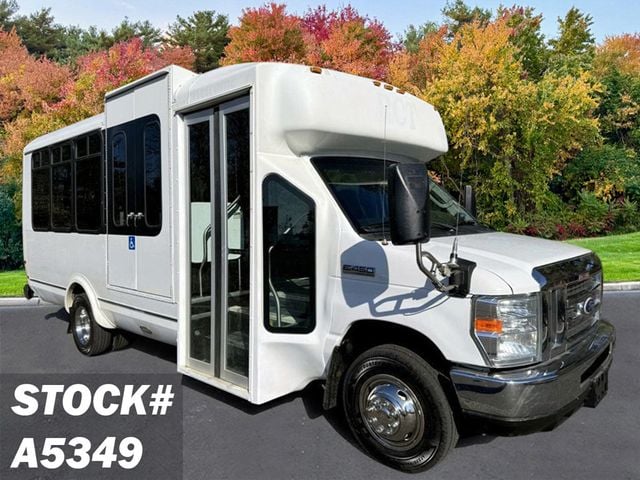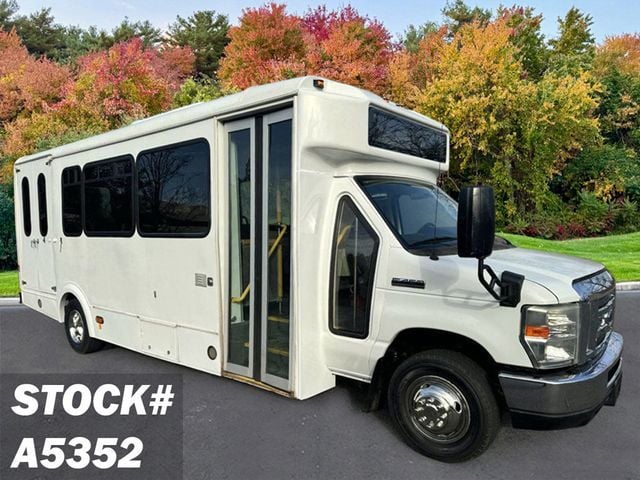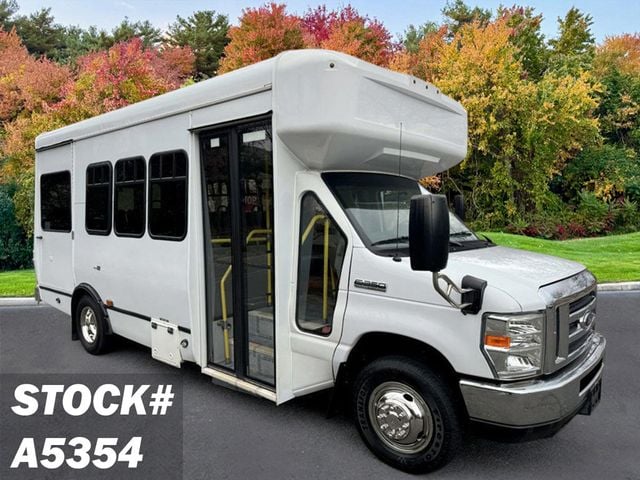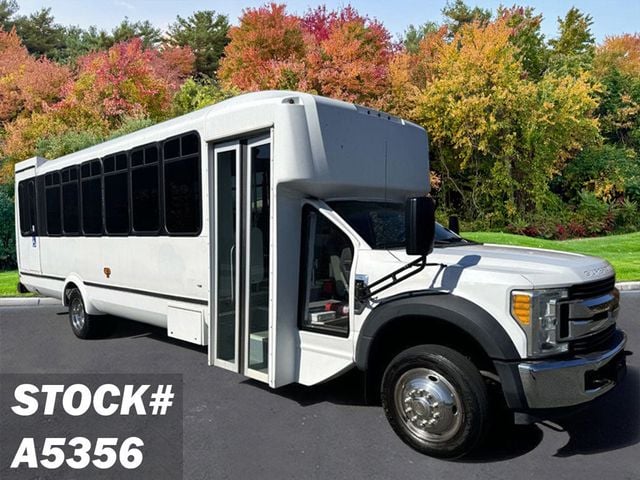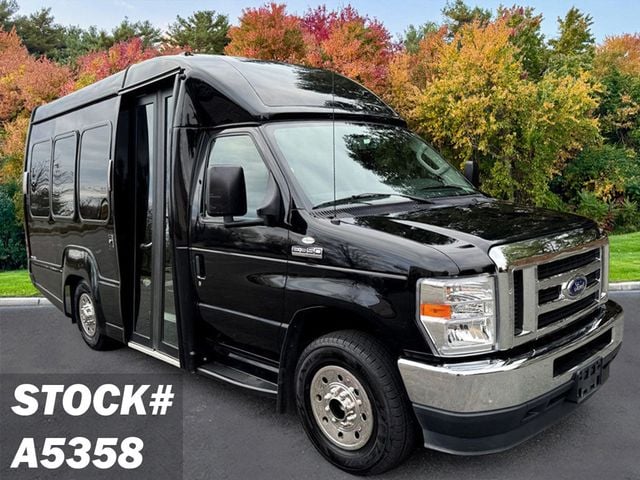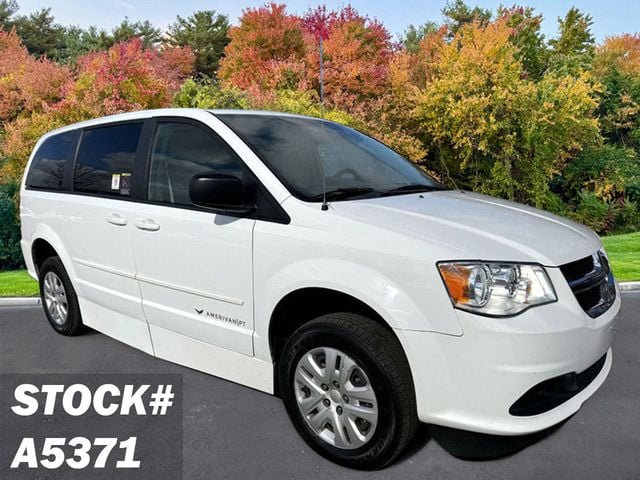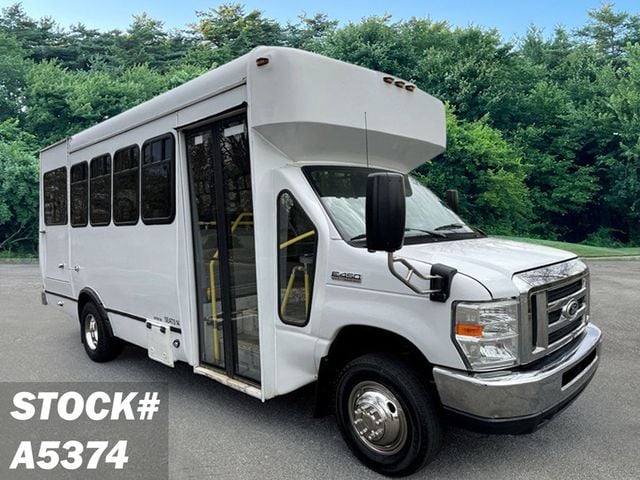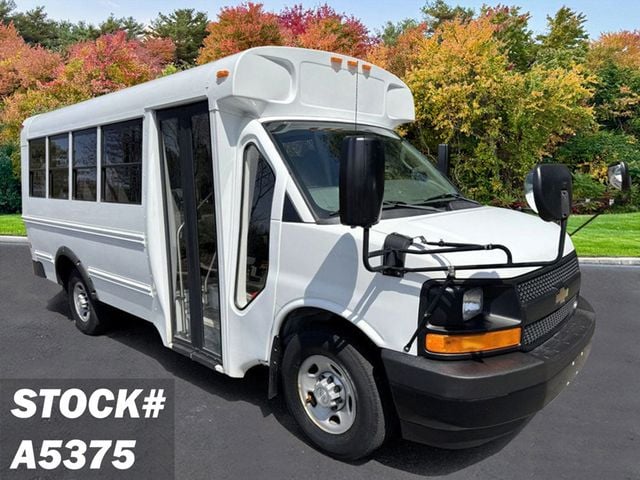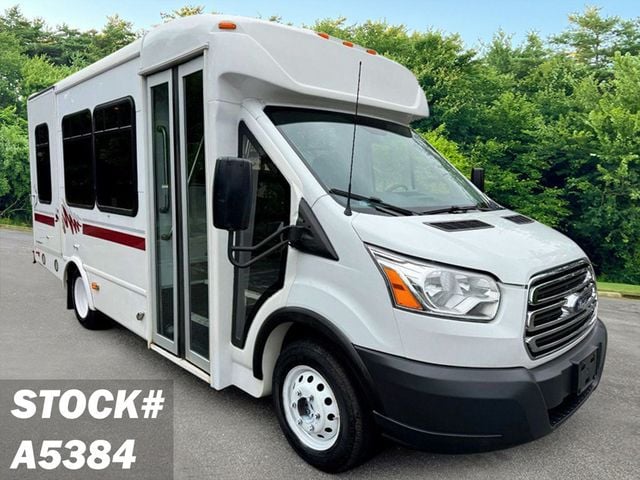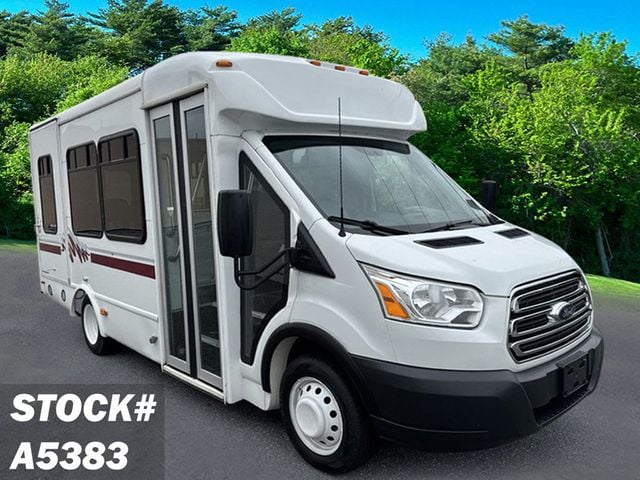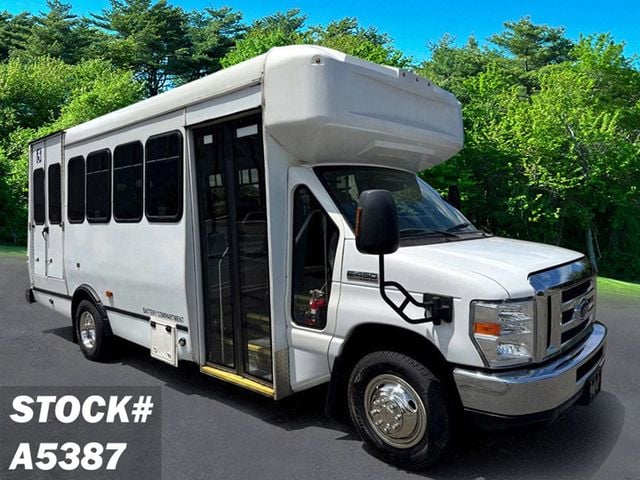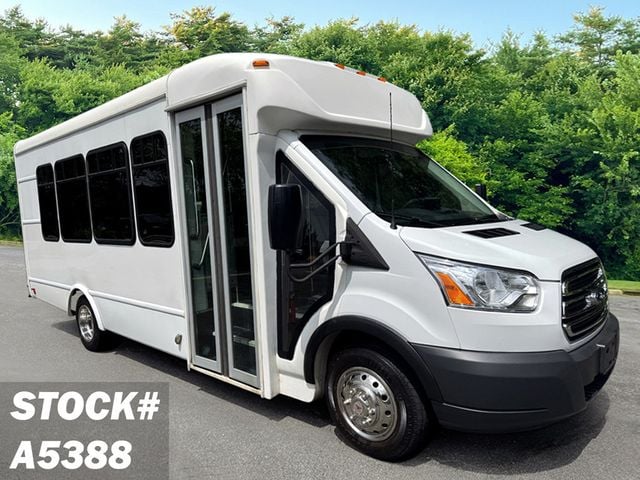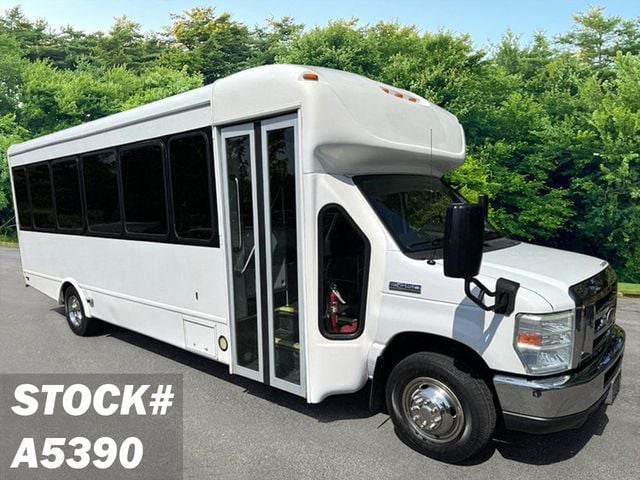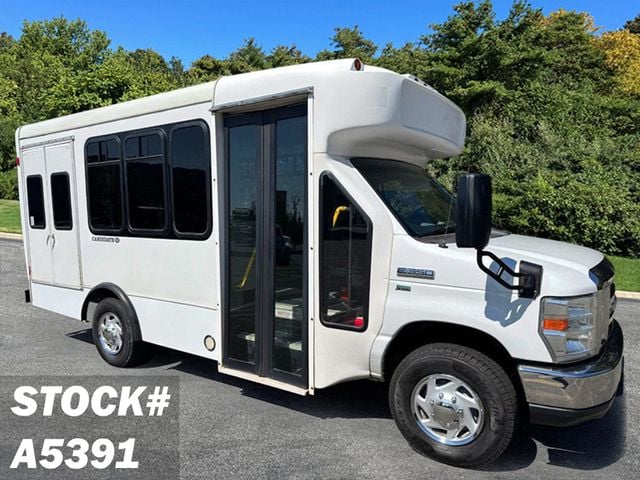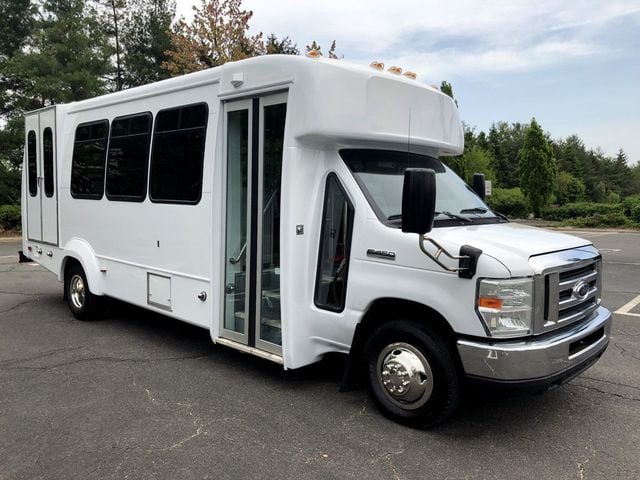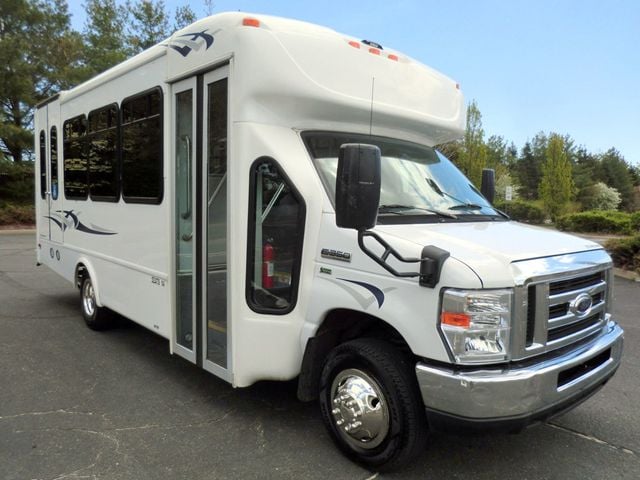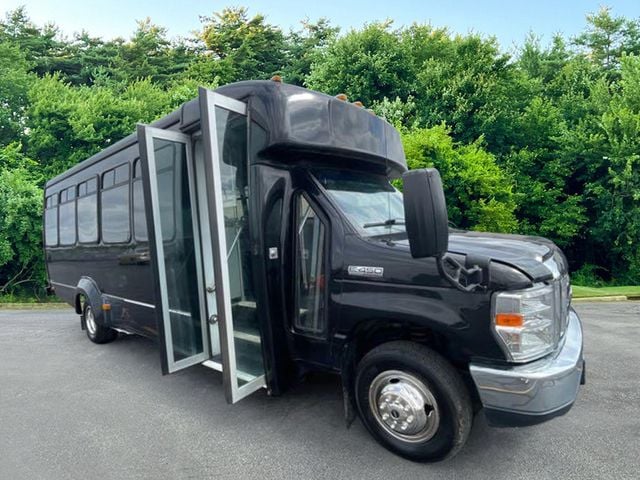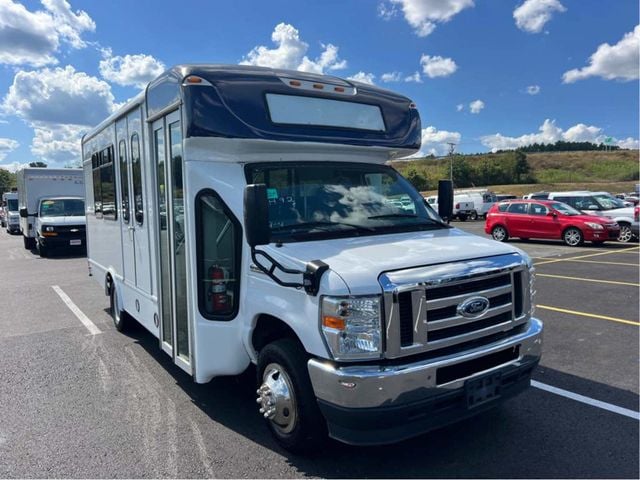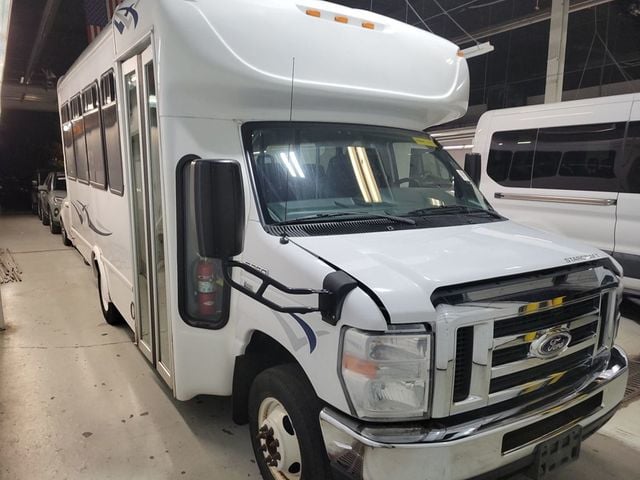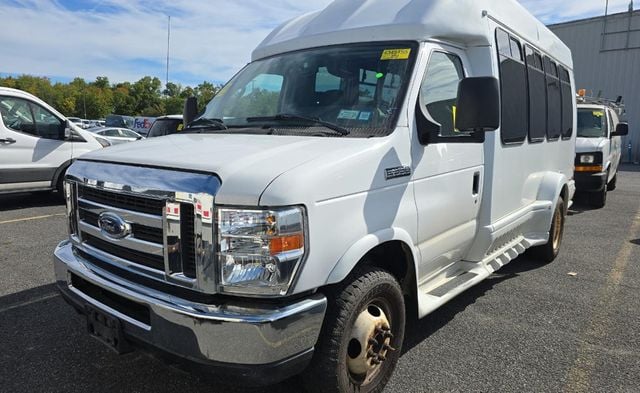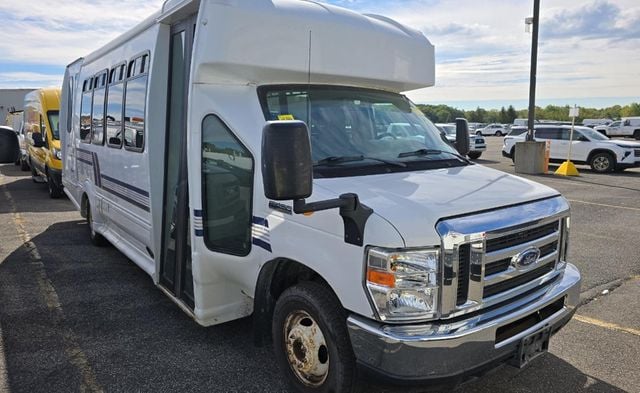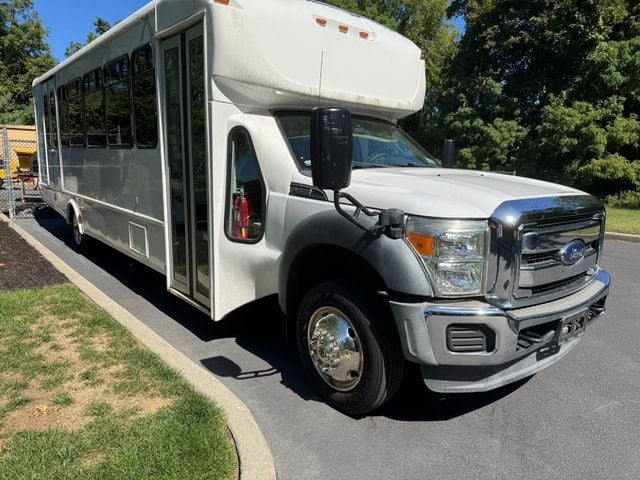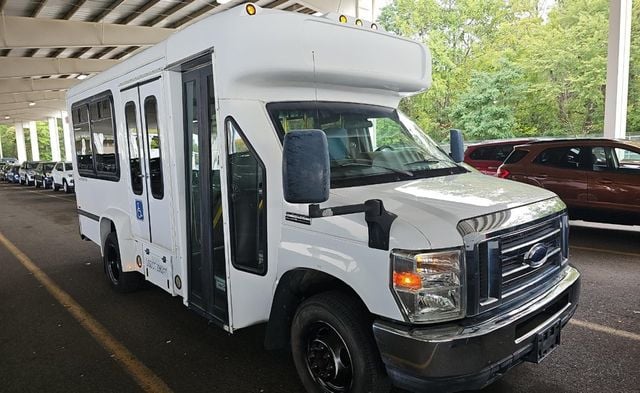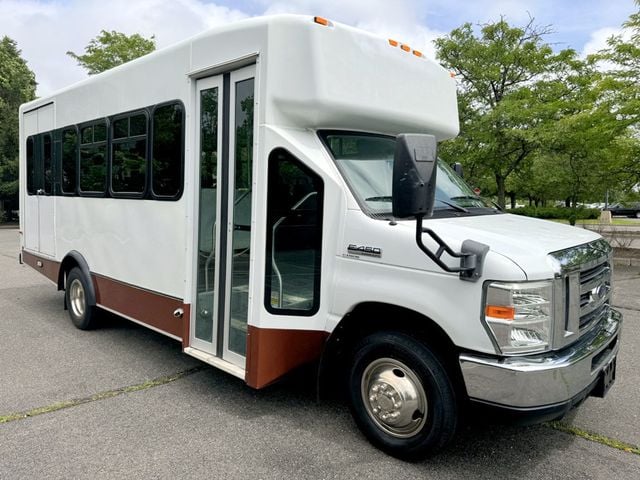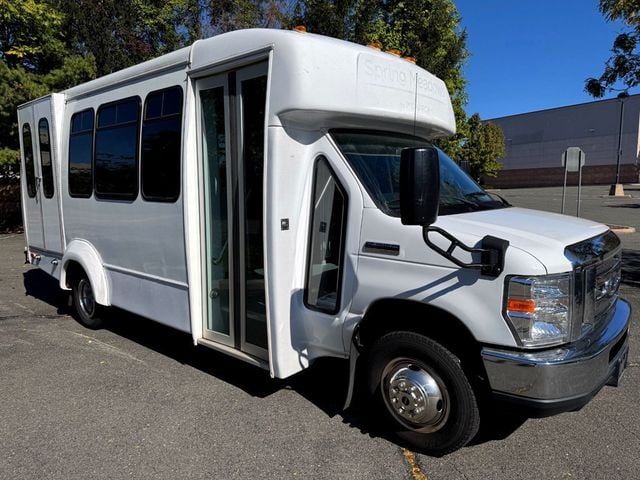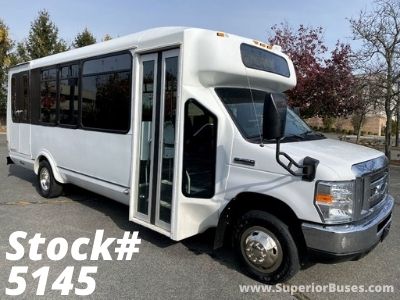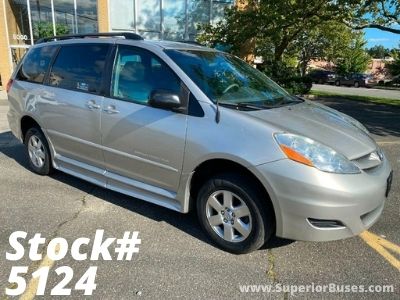Common Uses of Mini Buses in the USA
In the United States, minibusses are used for a variety of purposes, including:
*Team & Activity transportation: Many schools use minibusses to transport students to and from classes, especially for after-school activities in smaller districts.
*Church transportation: Churches often use minibusses to transport members to and from events and services.
*Corporate transportation: Companies may use minibusses for employee shuttles or to transport clients.
*Tour and shuttle services: Mini buses are popular for tours and shuttle services, especially in tourist destinations.
Cutaway Bus Construction
Many mini buses are built using a cutaway construction method. This involves taking a larger commercial vehicle chassis and cutting away the rear section to accommodate a custom-built bus body. This method allows for flexibility in design and customization.
Who Uses Mini Buses?
Mini-buses are used by a variety of individuals and organizations, including:
* Assisted Living Facilities
* Churches
* Corporations
* Tour operators
* Shuttle services
* Non-profit organizations
Typical Buyers of Mini Buses
Mini-buses are purchased by a variety of buyers, including:
* Individuals
* Businesses
* Government agencies
* Non-profit organizations
Life Cycle of Mini Buses
The lifespan of a minibus can vary depending on factors such as maintenance, usage, and operating conditions. However, on average, mini buses can last 10-15 years or around 250,000-400,000 miles on US roads.
Advantages of Used Mini Buses
Buying a used minibus can offer several advantages, including:
* Lower cost: Used mini buses are generally more affordable than new ones.
* Depreciation: Used minibuses have already depreciated, so you won’t lose as much value over time.
* Availability: There is a wider selection of used minibusses available compared to new ones.
Scarcity of Good Used Mini Buses
While there are many used minibusses on the market, finding a good quality vehicle can be challenging. Factors such as maintenance history, mileage, and overall condition can affect the quality of a used minibus.
Periodic Maintenance
Regular maintenance is essential for keeping a minibus in good condition. This includes:
* Oil changes
* Tire rotations
* Brake inspections
* Engine tune-ups
* Safety inspections
Finding Reputable Dealers
When purchasing a used minibus, it’s important to buy from a reputable dealer. Superiorbuses.com is backed by a trusted dealer. They specialize in minibusses and shuttle buses and are licensed and bonded.
Contact Superiorbuses.com

